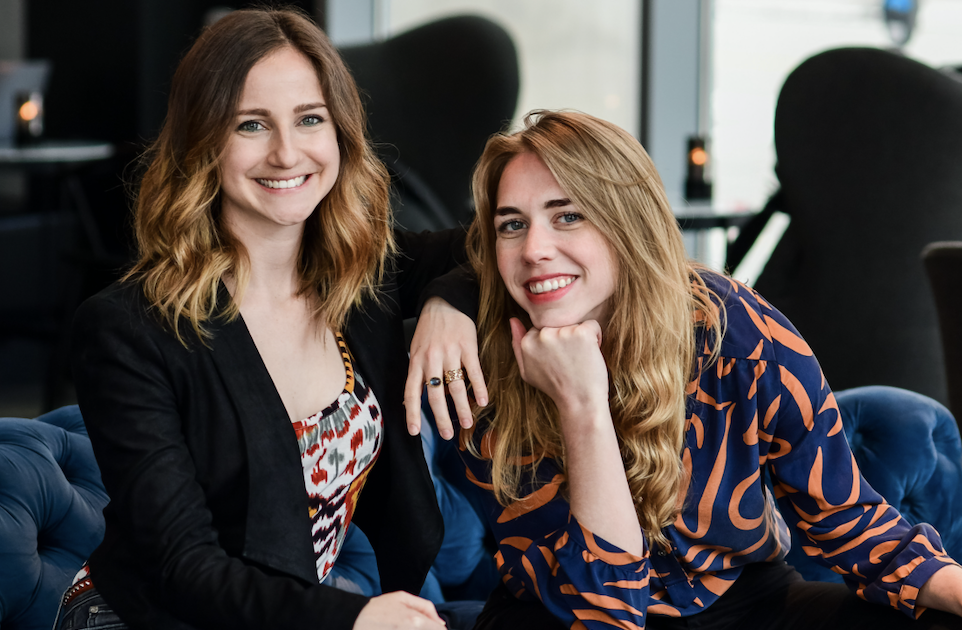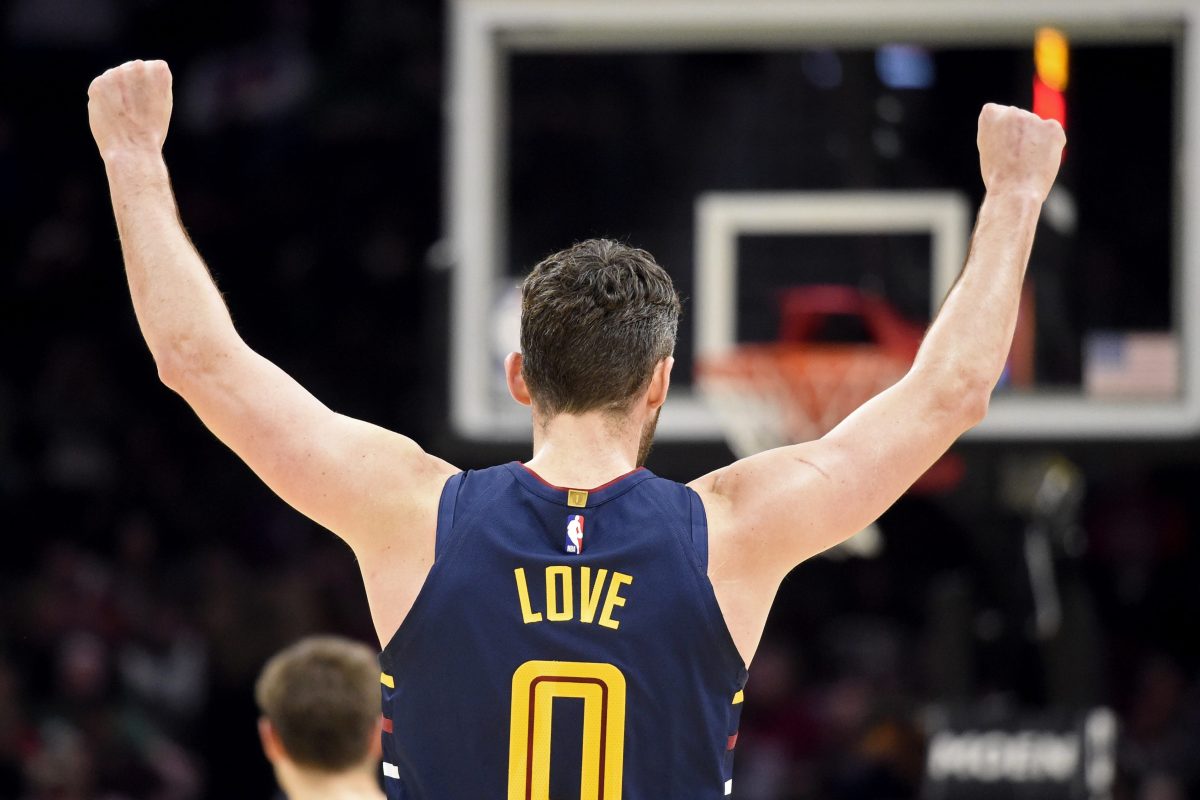In March of 2018, Cleveland Cavaliers forward Kevin Love penned an essay for The Players’ Tribune titled “Everyone Is Going Through Something” detailing his struggles with panic attacks and mental health.
“Mental health isn’t just an athlete thing. What you do for a living doesn’t have to define who you are. This is an everyone thing,” Love wrote. “No matter what our circumstances, we’re all carrying around things that hurt — and they can hurt us if we keep them buried inside. Not talking about our inner lives robs us of really getting to know ourselves and robs us of the chance to reach out to others in need.”
Since then, the five-time All-Star has been a vocal advocate for mental health, creating the Kevin Love Fund to provide in-need individuals with the necessary tools to achieve physical and emotional well-being. Now Love is one of the investors backing a new venture called Coa that bills itself as the world’s first gym for mental health.
Conceived of by company co-founder and CEO Alexa Meyer when she was walking around San Francisco and realized there were gyms catering to physical health on every corner but no visible options to work on emotional health, Coa offers both group classes and one-on-one mental fitness sessions with licensed therapists that have been specially matched with their client.
With backers including Casper founder Neil Parikh and several angel investors in addition to Love, Coa tested its emotional fitness curriculum at mental health pop-up gyms in cities like New York, San Francisco, L.A., Vancouver and Toronto, as well as offering employees at companies like Asana and Spotify the opportunity to take part in sessions.
The pop-ups were successful enough that a plan to open brick-and-mortar therapy gyms was put into place, but due to COVID-19, the company has pivoted to offering its group classes and one-on-one sessions online. According to Coa co-founder and chief clinical officer Dr. Emily Anhalt, a the company has seen a 900-percent increase in demand because of the pandemic.
“Our dream is still to have brick-and-mortar studios because we think the in-person experience aspect is really important, but the pandemic definitely accelerated the launch of the online studio,” she tells InsideHook. “I think what people are realizing is that mental health is important and that we can’t see a lot of the mental health struggles that we’ll face coming. We’re trying to use this to show working on your mental health proactively will help you better prepare and better handle the difficult things life throws your way. I think people are starting to realize how important that is and are recommitting to doing it.”

At Coa, one of the goals is to eliminate the societal notion that unhealthy people need to work on their mental health and that healthy people do not.
“We really want people to know you can start now and that nothing has to be wrong. You don’t have to be broken,” Anhalt says. “The healthier you are, the better workout you’re going to get. You should start working out before you get sick. It’s a lot harder to go to the gym when you have the flu, right? Most people wait for a crisis to tackle their emotional wellbeing. I think we should be building up our emotional strength in this proactive, ongoing way so that we can handle whatever life throws at us.”
In the same way that a yoga teacher will encourage students to practice some yoga at home, the expectation is that Coa’s clients will be able to incorporate the mental exercises they learn at the online studio into their general life.
“Mental fitness isn’t one and done. You can’t do it for a weekend or a week and then think that you’re good,” Anhalt says.”It’s an ongoing process, a regimen, a routine that you do over time. So our classes will create space for people to practice with regularity and we definitely hope they’ll practice solo. But we also know something really special happens in a group setting, and we hope people will keep coming back to hone their skills and maintain that community.”
Another one of the core tenets at Coa? Become more comfortable being uncomfortable
“Just like at the gym, if you’re not a little uncomfortable, you’re probably not doing a very good workout. You’re probably just doing what you would always do — you’re not getting stronger,” Anhalt says. “It’s the same for our emotional health. As we get more comfortable being uncomfortable, we actually build these resilience muscles that allow us to better handle difficult things. I think we’ve found a really unique approach to doing this that feels really doable, but still just uncomfortable enough that you feel like you’re getting shit done and you’re growing as a person.”
Coa’s classes start at $25 and the company is offering free intro classes for now.
Whether you’re looking to get into shape, or just get out of a funk, The Charge has got you covered. Sign up for our new wellness newsletter today.
















